 |
| April 10, 2020 |
Dear Reader,
At this early stage of understanding the new coronavirus, it's unclear where COVID-19 falls on the immunity spectrum. Recovered patients appear to have antibodies for at least two weeks, but long-term data are still lacking. The FDA recently granted an emergency use authorization of a blood test for antibodies against SARS-CoV-2. Right now, researchers are scrambling to find out how long these antibodies last and if they protect against reinfection. Today's main story explains how antibody tests could provide a clearer picture of the pandemic—and eventually might be the key to getting our lives and economies back on track. |
| | Sunya Bhutta, Senior Editor, Audience Engagement
@sunyaaa | |
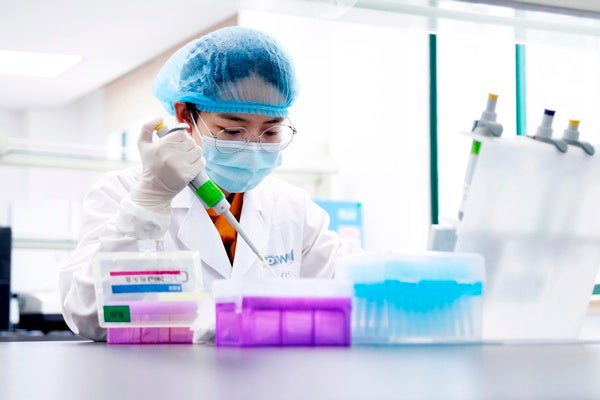 |
| |
| |
| |
| |
| |
| |
| |
FROM THE STORE
 | | Ask the Experts: Chemistry In this installment of the Ask the Experts series, Chemistry, our professors, scientists and researchers tackle reader questions about the substances that compose all matter, their properties and how they interact and change. Queries range from elementary questions, such as why some elements change color over a flame, to how chemistry works in everyday life to how certain substances affect the body and more. |  | | |
| |
FROM THE ARCHIVE
 | | | |
| |
LATEST ISSUES
 |
| |
| Questions? Comments?  | |
| Download the Scientific American App |
| |
| |






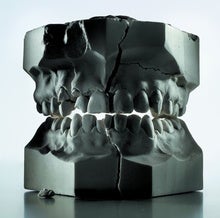
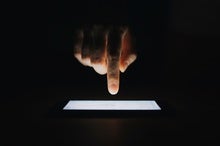
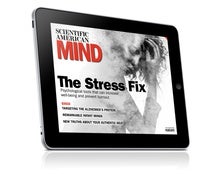
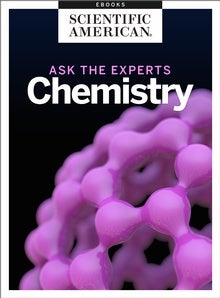

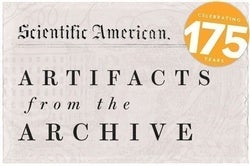
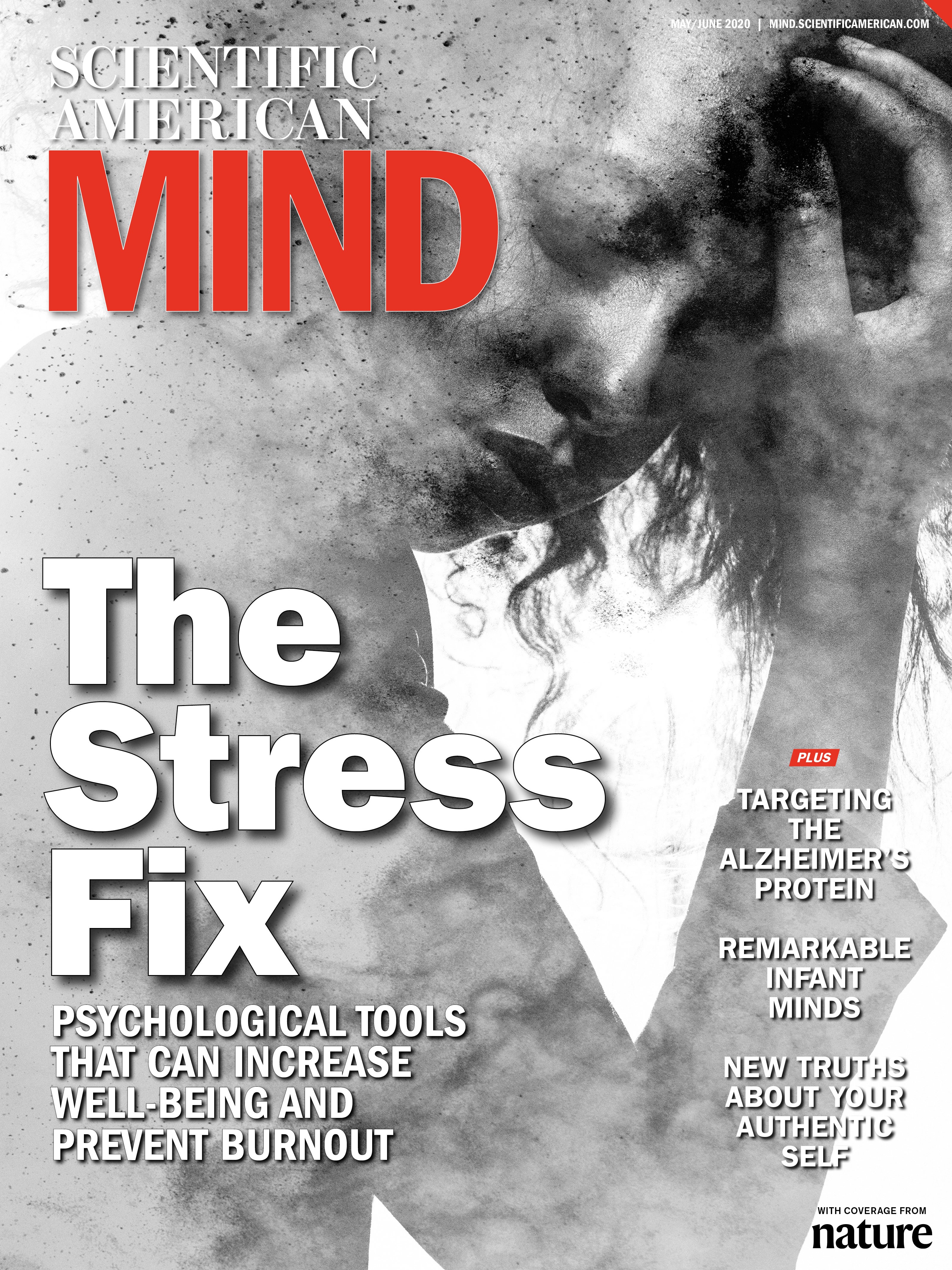



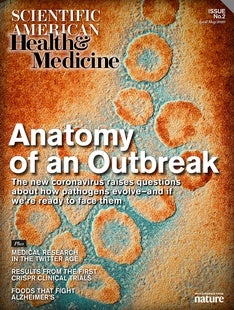



Comments
Post a Comment